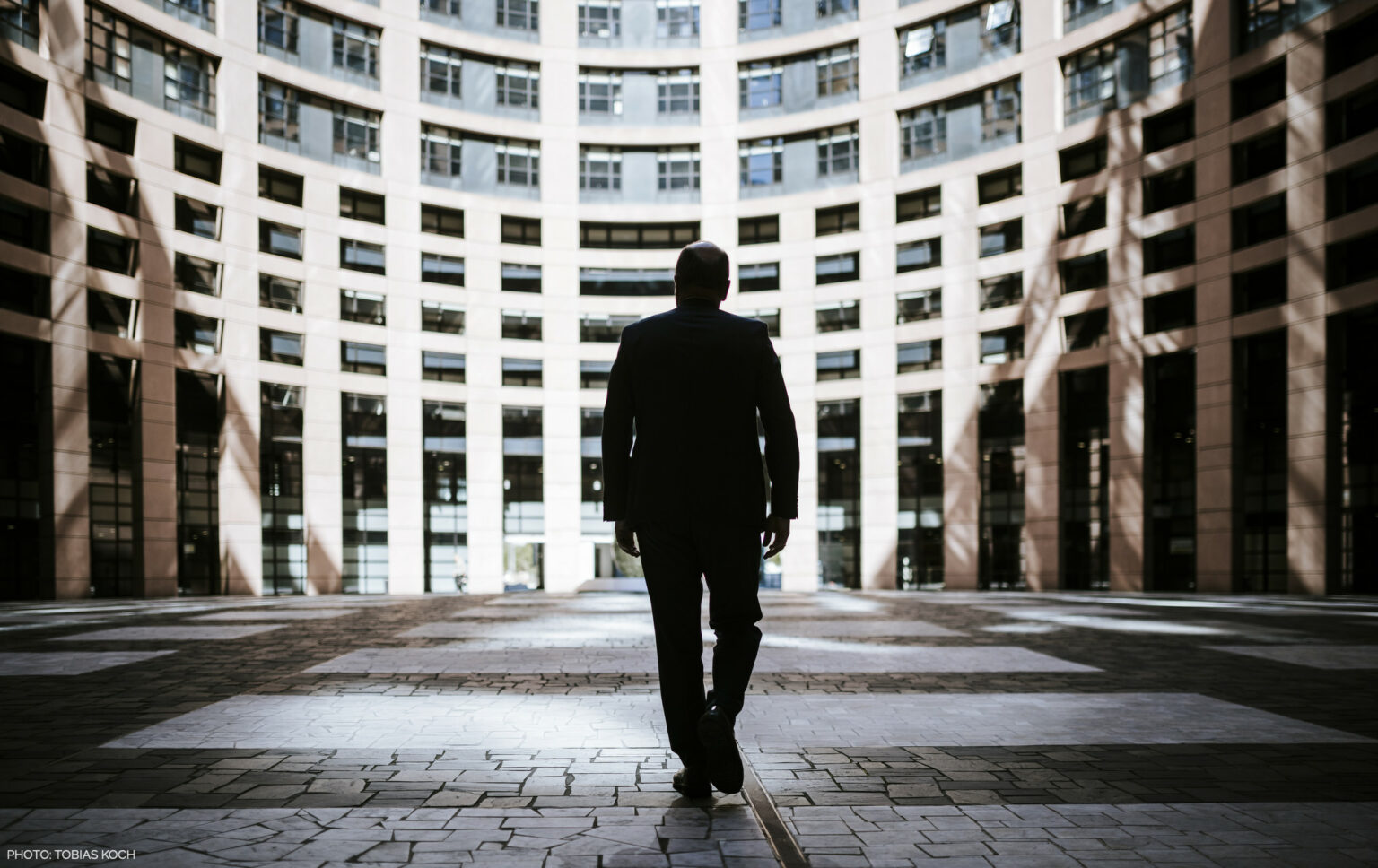The Single Market is interesting because it represents the very essence of the European edifice: a slow construction, made of consensus, which from one step to the next adds up to progress to improve the lives of citizens. I couldn’t detail all the benefits here without having to write a novel! I would simply say that one of the most concrete contributions is to provide Europe with the necessary means to ensure its power in the world. When the European Institutions and the Member States agree to set standards to be followed, in the environmental or industrial fields or in terms of food safety, these are de facto imposed on our partners.
The same applies to the promotion of our values. Because even if the EU is not just about the Single Market, the day-to-day cooperation between its members that it allows also serves to defend our European “way of life”. It is thus a strength for the international competitiveness of our companies and a strength for our trade with the rest of the world. It is easy to understand why the United Kingdom, which has been on its own since it left the EU two years ago, is now finding it so difficult to sign agreements. Isolation is not a weapon of choice in the face of foreign desires…
“At 30 years old, the Single Market remains a fragile structure,
to be consolidated and protected.”
Of course, although the Single Market is undoubtedly one of Europe’s greatest achievements, it obviously needs to be completed, and we are working on this every day in the European Parliament. For example, it is clear that we are still far from having an effective digital market that allows consumers and businesses to buy and sell online easily and with confidence. This is also the case for the movement of services, defence, or the free movement of persons, which, even if Schengen is evolving with the recent entry of Croatia, is not fully optimal.
And what about the defence of the acquis? On this point, I cannot help but have some concerns about the attitude of many states. Indeed, I am rather distressed to see that, faced with the resurgence of COVID, several countries cannot help but go it alone and impose restrictive measures, without any consultation. Have we learned nothing since the beginning of the pandemic two years ago?
Another even more pressing threat is directly linked to the Inflation Reduction Act (IRA) that the United States wants to put in place in order to distribute massive subsidies to its industry, the effects of which could strongly penalise our companies. Unfortunately, there is a real risk today that European countries won’t agree on a common response strategy. On this subject, the EU cannot move forward at the pace of national protectionist reflexes.
On the contrary, we need to be more competitive, to develop our trade partnerships, and it is also time to change our competition policy. The policy of small steps led by Commissioner Margrethe Vestager is no longer up to the challenge. We need to create European champions, open to the world, and the Commission must work in this direction.
The Single Market, like the freedoms it provides, seems to us to be self-evident, taken for granted. Unfortunately, this is an illusion. At 30 years of age, it remains a fragile structure that needs to be consolidated and protected. In this sense, I can only welcome the desire of the new Swedish Presidency of the EU Council to boost the Union’s competitiveness by deepening the Single Market. This is good news that heralds many more anniversaries.


